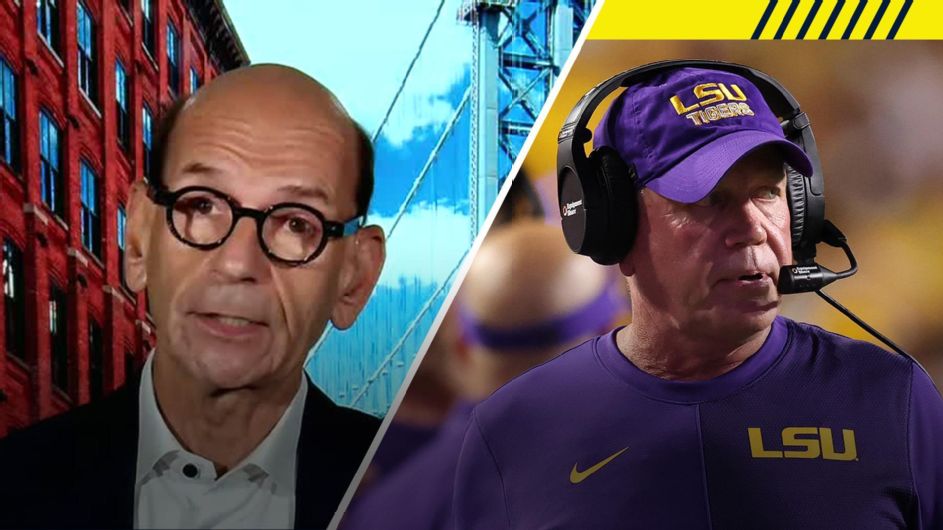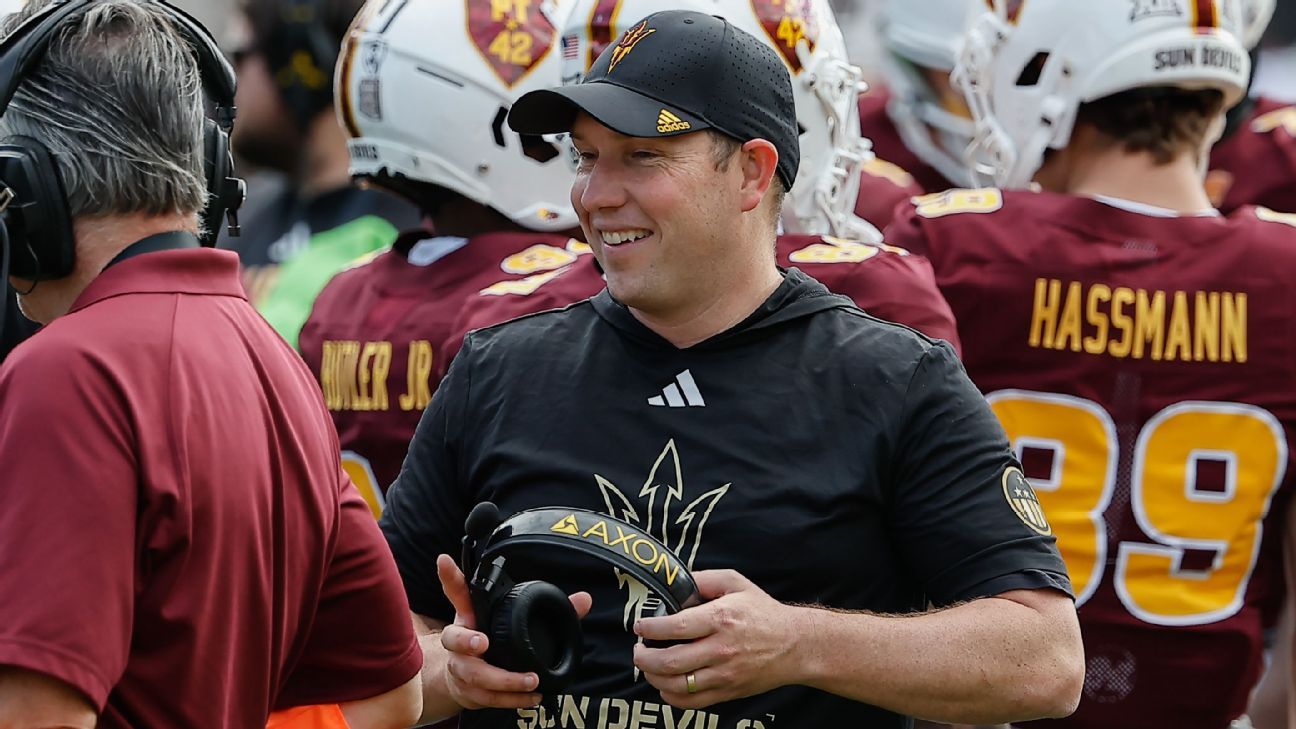Brian Kelly’s tenure as head coach of LSU came to a sudden end following a disappointing season that saw the team fail to meet championship expectations. Hired in late 2021 with aspirations of winning a national title, Kelly enjoyed early success, including a SEC West Division title in his first year. However, after three seasons without a College Football Playoff appearance and a disastrous 49-25 loss to Texas A&M, LSU officials decided to part ways with him.
Kelly, who previously held the record as the winningest coach in Notre Dame history, brought significant credentials to Baton Rouge. His coaching history includes a remarkable record at Grand Valley State, where he won two Division II national championships, and accolades such as two AP National Coach of the Year awards. His abrupt dismissal followed a tumultuous Sunday filled with meetings after the Texas A&M defeat, a game where fans had already vacated the stands by the fourth quarter.
Challenges with Coaching Style and Recruitment
Kelly’s approach to coaching, characterized as a “CEO-style,” may have contributed to his downfall in the competitive environment of the Southeastern Conference (SEC). Sources from within the program noted that as he entered his third decade of coaching, Kelly became less involved in daily operations. Instead of being hands-on, he focused on managing media relations and public appearances, leaving crucial details of team management to his assistants.
In a conference known for its intense competition, where coaches are expected to recruit aggressively and engage closely with players, Kelly’s more detached style proved disadvantageous. According to ESPN analysts, this approach, while successful in other settings, did not align with the high demands of SEC coaching.
Additionally, Kelly struggled to establish a consistent coaching staff. After losing offensive coordinator Mike Denbrock following the 2023 season, the Tigers’ offense faltered. Despite a successful season that saw quarterback Jayden Daniels earn a Heisman Trophy, LSU’s defense, under coordinator Matt House, failed to perform adequately. After a series of losses, including games where they conceded over 42 points, Kelly made drastic staff changes but could not turn the tide.
Struggles with Team Identity and Player Integration
Kelly’s integration into the culture of LSU also faced challenges. His attempts to connect with the local community, such as his controversial “family” speech delivered at a basketball game, did not resonate well with fans. Critics pointed out that his efforts to adopt the regional vernacular felt forced and insincere. This disconnect was evident as he sought to improve his public persona, even hiring an image consultant in hopes of better aligning with LSU’s passionate fanbase.
The combination of high expectations and disappointing on-field performance led to increasing pressure on Kelly. After recruiting heavily from the transfer portal, LSU aimed to build a championship-caliber team, enlisting several high-profile players. While the team secured significant additions, such as All-America caliber cornerback Mansoor Delane, the overall impact of these players was underwhelming. The Tigers struggled to convert their recruiting success into victories, finishing with a 5-3 record at one point during the season.
As LSU’s leadership reevaluated the program’s direction, the school’s influential decision-makers recognized that the partnership was not working. The decision to part ways with Kelly was not influenced by other coaching changes within the SEC, but rather a recognition of unmet expectations. With the prospect of hiring a new coach, LSU looks towards a future that may include candidates like Lane Kiffin, currently at Ole Miss, who has demonstrated success in a similar environment.
In summary, Brian Kelly’s departure from LSU illustrates the complex dynamics of college football coaching, where success is often dictated by not only wins and losses but also the ability to connect with the community and navigate the intense pressures of a championship-focused conference. As LSU prepares for its next chapter, the lessons learned from Kelly’s brief but tumultuous reign will likely influence future hiring decisions and coaching strategies.







